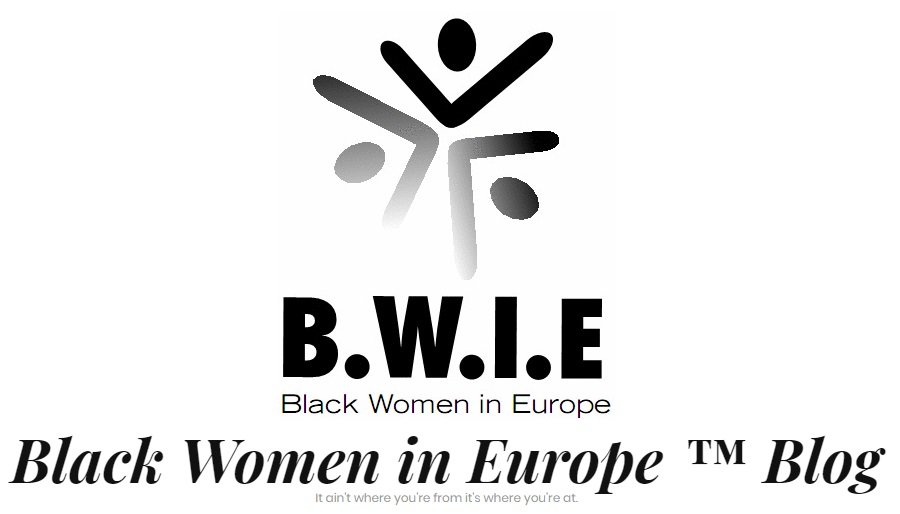Hat tip: BEWNET

Introduction
As a reflection of the debates in the Member States, the current EU debate on integration repeatedly combines the issues of migration and integration by maintaining a restrictive approach to integration policy focusing primarily on the integration of Third-Country Nationals. As a typical example, the 2004 EU Common Basic Principles on integration have been developed within the broader framework of the management of migration and its consequences, and therefore primarily concern migrants and Third-Country Nationals. However, people from a migrant background born in Europe or people from a European minority ethnic or religious background can no longer be considered as migrants as they are facing an entirely different set of challenges and hurdles in their integration process – many of which are certainly more akin to the integration/inclusion issues faced by specific economic classes of the majority community (in terms of poverty, underachievement in education, etc.). The linkages between anti-discrimination, integration and social inclusion therefore need to be rethought to develop a new approach to this policy area and enhance policy coherence. It is important that EU integration policies not only focus on new arrivals, but on the social inclusion of all migrants and minorities, irrespective of when they arrived in the EU.
Read more.
Overall objective:
Provide a conceptual analysis of EU integration policy by rethinking the current institutional approaches to devise a new paradigm that would better address the specific issues of today’s society and by looking into the specific needs of particular communities and individuals in Europe.
Read the specific objectives.
Technical details
The contracted author should demonstrate extensive knowledge of EU integration policy as well as anti-discrimination and social inclusion policy (EU social agenda and EU 2020 strategy). The identified author should preferably have experience in the broader fundamental rights area including anti-racism.
The text of the publication should not be longer than 30-35 pages. The author will be asked to structure the text as clearly as possible to meet the objectives of the publication. Clear and easily understandable language should be used to convey the subject. A contract outlining the conditions and requirements for cooperation with the author will be signed.
The author will be contracted by 1 October 2010, with a first draft to be submitted to ENAR by 10 January 2010, and a final draft to be submitted on 7 February 2011.
Proposals should include:
A letter of application, including a statement of expertise
A one-page elaboration of the content of the study
One relevant writing sample in English
A one-page elaboration on methodology
A detailed price offer, all costs and VAT included
The deadline for applications is 20 September 2010.
Proposals should be marked “ENAR Publication: Integration beyond Migration” and sent to the ENAR Secretariat, by email or post:
60 rue Gallait, B-1030 Bruxelles, Belgium
Email: celina@enar-eu.org


